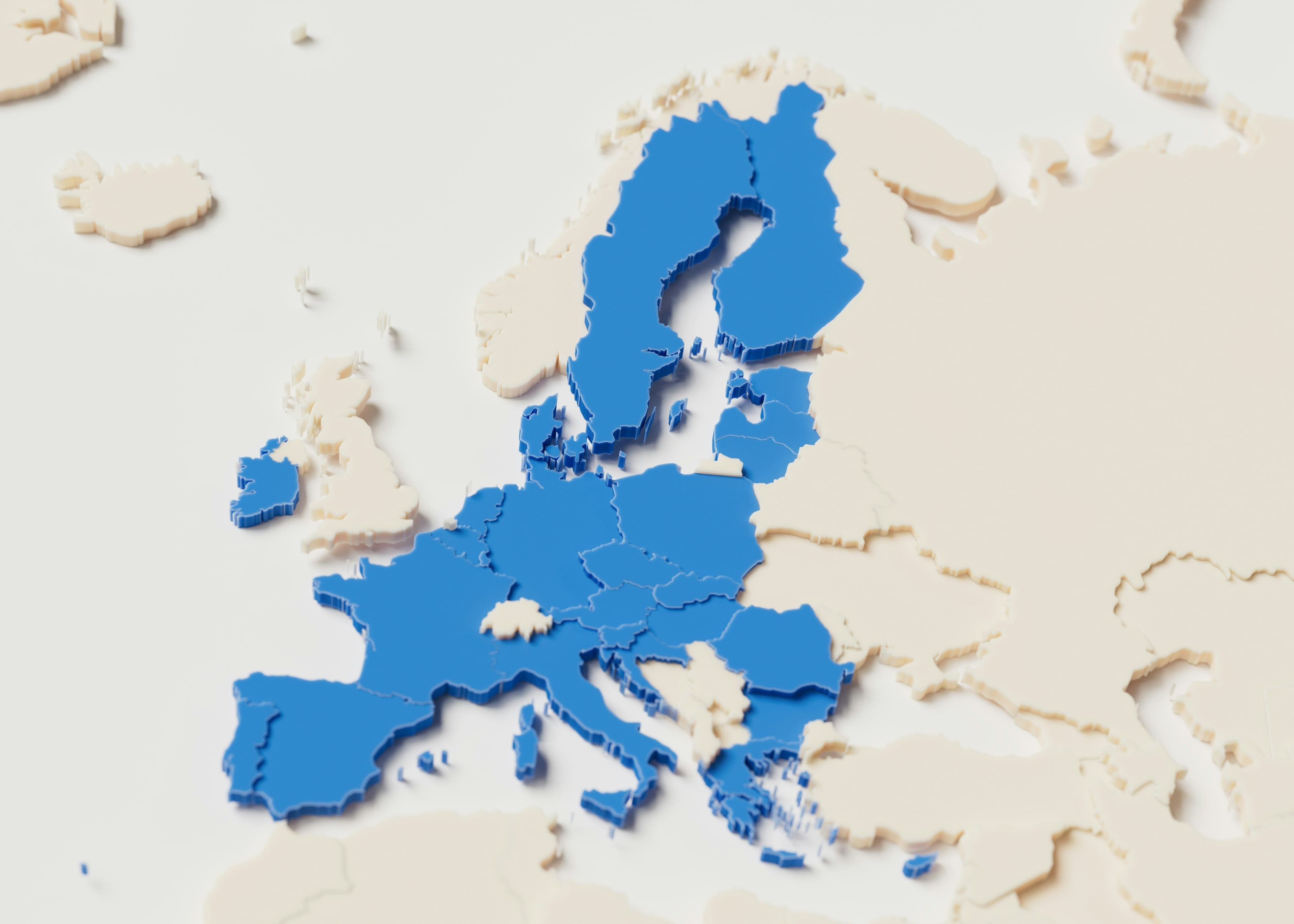The level of satisfaction with life in the EU was 7.3 points. Luxembourg in the middle of the ranking

Planet Volumes, Unsplash
The average life satisfaction score among EU citizens in 2023 was 7.3 out of 10. The study covered all 27 countries of the Union and showed that in the vast majority of countries people feel more satisfied than not.
Finland tops the list with a score of 7.8. This score reflects the high quality of life in the country, which is supported by effective social policy, low levels of corruption and a stable economy.
Belgium, Austria, Romania and Slovenia follow, where residents rate their satisfaction at 7.7. Interestingly, Romania, despite relatively low economic indicators, demonstrates one of the highest levels of subjective happiness in the EU.
The lowest level of life satisfaction was recorded in Bulgaria - only 5.9, which is significantly lower than the EU average. Latvia and Greece were also at the end of the list, but their scores (6.9 each) are closer to the overall picture. Low scores in these countries may be related to economic difficulties, social inequality and the effects of crises.
All EU countries, except Bulgaria, have an average satisfaction level above 6, which means that the majority of respondents assess their lives as positive. This confirms the common aspiration of the EU countries to improve the quality of life and social well-being.
Subjective happiness is affected:
- Age: Younger people often rate their lives higher than older people.
- Education: a high level of education is associated with greater opportunities and, as a result, greater satisfaction.
- Family situation and finances: a stable family and sufficient income significantly increase happiness levels.
Living standards in the EU remain high, but there is still a need to improve the social and economic situation in the outsider countries.





